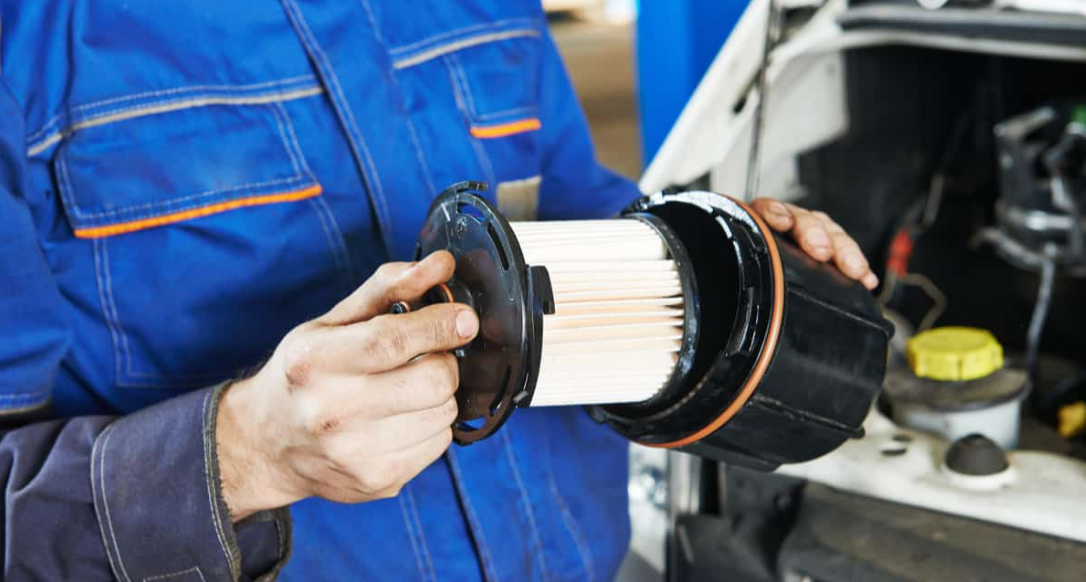Fuel filters are an essential component of your vehicle's fuel system. These filters play a critical role in preventing significant engine damage and maintaining the efficiency of your fuel system. Some of the most common fuel filters mentioned here you’ll see when you visit your manufacturers' website.
Diesel fuel filter
During normal operation, a diesel fuel filter is employed to eliminate any contaminants that may have entered the fuel system of the vehicle. The most prevalent issue with diesel engines is clogging of the injectors and carburettors, which is caused by the accumulation of waxes and paraffins from the use of biodiesel and other fuels with high concentrations of these chemicals. If allowed to collect in considerable numbers, these deposits will prohibit the engine from operating properly. Depending on where they are required most urgently, diesel fuel filters may be put anywhere inside the engine's fuel line or in the tank itself.
Gasoline fuel filter
Before gasoline reaches your vehicle's carburettor or fuel injection system, it is filtered to eliminate dirt particles. Gasoline filters are situated at different locations throughout the gasoline line of your vehicle, depending on where they are most urgently required and how much dirt they must remove to work effectively.
Inline Fuel Filter
The installation of an inline fuel filter between the fuel tank and the carburetor or injection pump. It is composed of one or more filtering components made of paper or synthetic material. This sort of filter is often referred to as a "canister" or "chambered" filter because it has chambers for removing dirt and debris from fuel before it reaches the engine. The chambers are loaded with activated carbon or cellulose that absorbs pollutants from the gas before they reach the engine. Some gasoline filters use both activated carbon and cellulose medium for effective filtration.
In-Tank Fuel Filter
Another form of filter that may be fitted directly within your gas tank is an in-tank gasoline filter. This type of system traps dirt particles before they reach the carburettor or injectors, where they could cause damage if not properly filtered. Depending on how many miles you drive every week, you should change your in-tank filter every 10,000 miles or so. The lifespan of an in-tank filter depends on how often it is used and how soiled it becomes over time.
Cartridge gasoline filters
These are the most prevalent form of filter, and almost all current automobiles utilize them. Typically, this type of filter is located close to the engine under a plastic cover. It is held in place against an aperture in the car's body by an O-ring. At the other end of the gasoline line is an output tube that leads into the fuel system of the engine. These filters are readily removable for cleaning or replacement purposes.
Pump-outlet gasoline filters
These are meant to protect your vehicle's engine from filth that enters via the fuel line or tank hole. This sort of filter is often situated at the bottom of the gas tank, where it protects the engine from dirt particles that might be sucked into the engine when refuelling.
Conclusion
In conclusion, many vehicles are equipped with a sensor that will shut off the engine if it detects impurities in the fuel supply. Additionally, you may want to inspect the air filter to verify that your vehicle is receiving sufficient air. Replace them if there are any signs of corrosion or degradation. At some point, however you should inspect and replace your car's gasoline filter. This keeps dirt and other particles from accessing your engine's interior components, where they might cause harm.
If you live in an area with low quality gasoline or a great deal of dust and pollution in the air, you should maintain your filters clean and consider replacing them more regularly.


